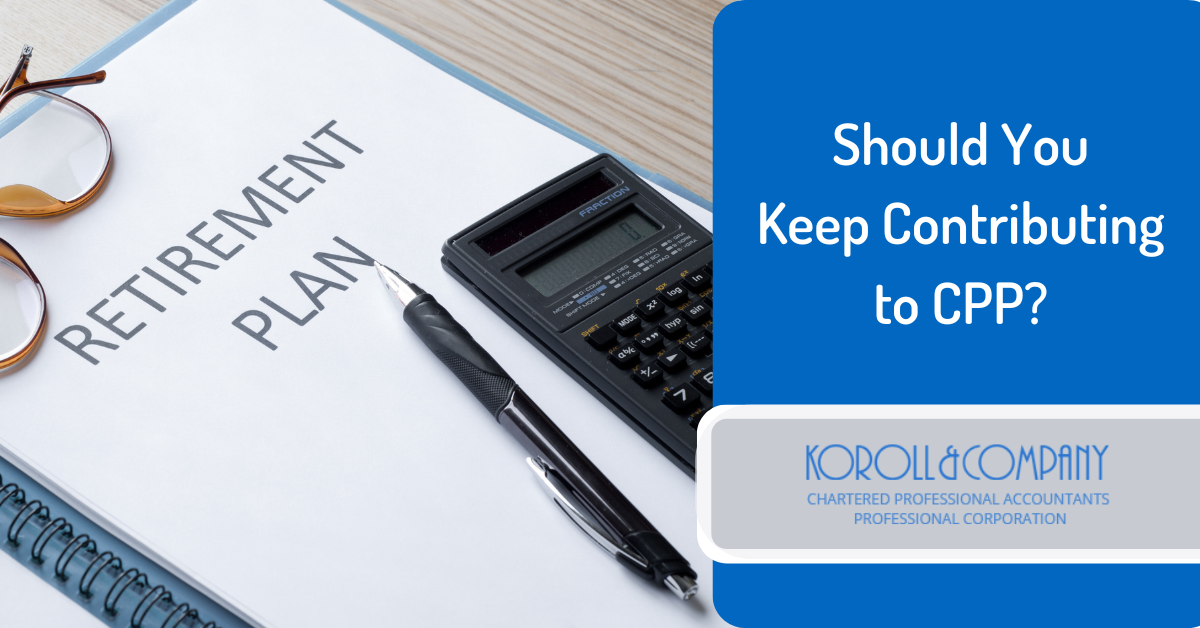 The Canada Pension Plan (CPP) provides a taxable benefit that provides a basic level of income to retirees. The program is funded by contributions made by employees, employers and the self-employed.
The Canada Pension Plan (CPP) provides a taxable benefit that provides a basic level of income to retirees. The program is funded by contributions made by employees, employers and the self-employed.
Currently, Canadians have the option to begin receiving CPP between the ages of 60 and 70. This is a result of recent changes that were made to the program to reflect the fact that individual retirement plans are much more flexible than they used to be.
Some still follow the tradition of working full-time before transitioning to full-time retirement around the age of 65. Some retire early. Others continue working past the typical retirement age of 65 on either a full-time or part-time basis.
When you start receiving benefits will depend on several factors:
- How much money you are earning
- Your level of expenses
- Whether you’re working full-time or part-time
- Whether you are an employee or self-employed
In addition to choosing when you receive your benefits, Canadians must also choose when to stop contributing. In the past, once you started receiving CPP, you could no longer contribute. Now, contribution rules depend on your age.
If you are 60 to 65 and working, you must continue making contributions.
If you are 65 to 70 and working, you can choose whether you want to continue making contributions. If you do choose to continue contributing, you will receive a greater amount of CPP every month until you pass away. This is thanks to the CPP Post-Retirement Benefit (PRB).
If you are 70 or older and working, you cannot continue to contribute to CPP.
This new system means that Canadians don’t just have to choose when to begin receiving their CPP benefits. It means those who are 65 to 70 and continue to work must also decide when to stop contributing.
While this decision will depend on the same factors listed above, there are some general rules of thumb for when you should stop contributing:
-
Your current benefit is less than the maximum – If your CPP benefit is significantly less than the maximum benefit ($1,253.59/month in 2022) then making additional payments generally makes the most sense as it means a greater benefit.
-
You’re receiving the maximum benefit – If you are already receiving the maximum benefit (or close to it) there is generally little benefit to be gained from continuing to contribute, if any. This is especially true for self-employed individuals who pay both the employee and employer portion of CPP.
To discuss when you should start collecting CPP and when you should stop contributing, contact our team of professionals today. We will go through your specific situation in detail to help you make the most beneficial decision.






